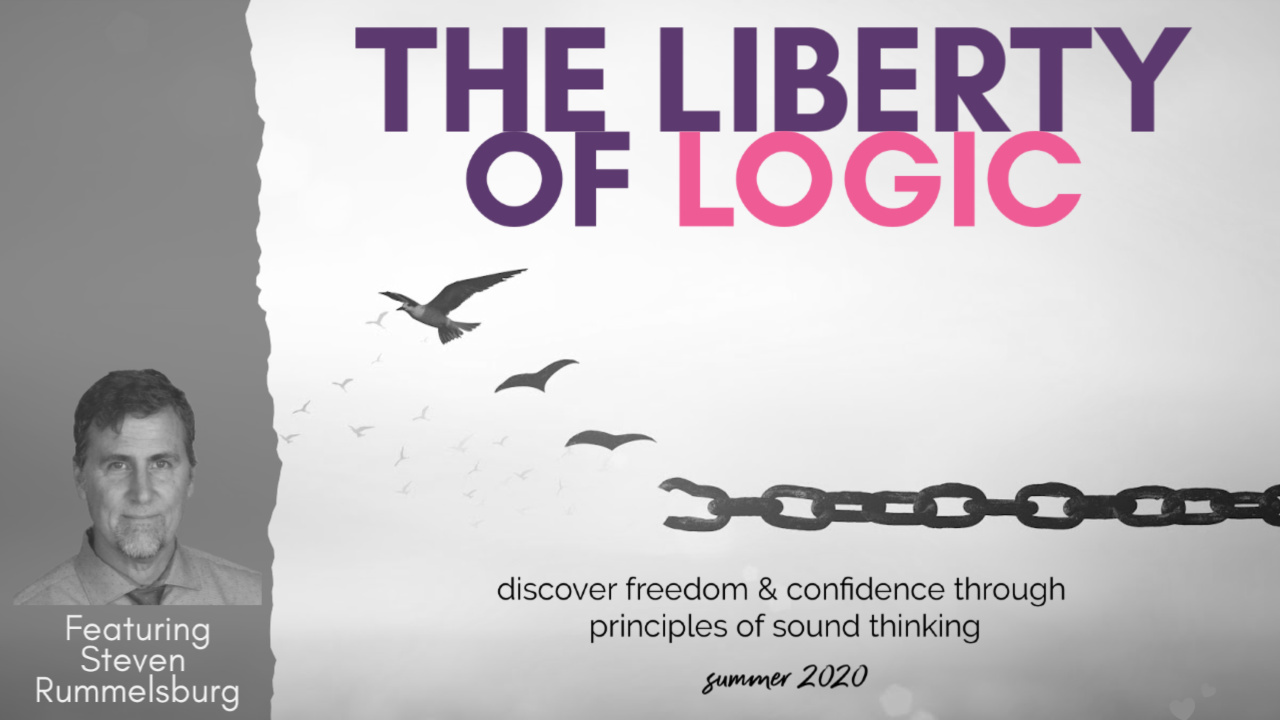The Liberty of Logic: Class 15 and 16 + Q&A
15. The Method of Thomas Aquinas 16. Conclusion: Darkness & Light Q&A #8: Using this approach in real life situations

15. The Method of Thomas Aquinas 16. Conclusion: Darkness & Light Q&A #8: Using this approach in real life situations

13. Material Logic 9: Predicates 14. Material Logic 10: Knowing a Thing Q&A #7

11. Material Logic 7: The Concept 12. Material Logic 8: Simple Apprehension Q&A #6 – Form v. Matter, Seeking Truth, and Categories

9. Material Logic 5: Aristotle’s Categories 10. Material Logic 6: Form & Matter Q&A #5 – Predicates, Categories, & Definitions